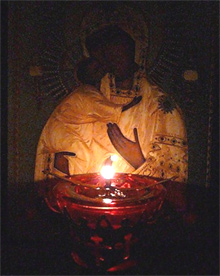 by Protodeacon Leonid Mickle –
by Protodeacon Leonid Mickle –
We are all given talents to be used to the glory of God throughout our journey toward salvation. If we exercise them to the best of our ability and to the glory of God, they become part of that light which enlightens the world. The enemy is tireless in his attempts to keep us from performing them. If he cannot sway us from performing the obviously important tasks, he works on the little things, the mundane, seemingly insignificant details of daily life. …
Many are perishing
I have often heard advice similar to that given by St. Seraphim of Sarov: Cultivate the quiet light of Christ within you, and with it you will enlighten those around you. At times, when contemplating the zeal which so many apostles demonstrated in their confession of the Faith before the world, I have wondered about that advice. We know that many are perishing, that many have either never even heard of the Orthodox Church, or are not aware that the Church is not an ethnic clubhouse, but a source of Living Water for all. Why are we not told to advertise, to go out with trumpets, drums, loudspeakers, bright lights, to make the Church more visible? God sometimes provides us with wonderful answers in unexpected settings. [Read more…]

 by Michael Brown –
by Michael Brown –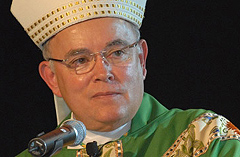 by Archbishop Charles Chaput –
by Archbishop Charles Chaput – by F. K. Bartels –
by F. K. Bartels –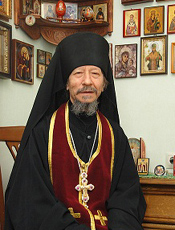
 by Jennifer Hartline –
by Jennifer Hartline –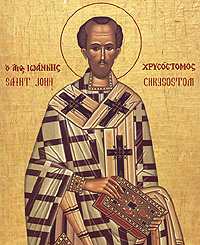 by John Stonestreet –
by John Stonestreet – by Grace Harley –
by Grace Harley –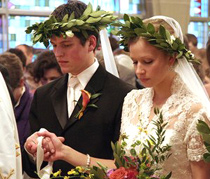 by Deacon Keith Fournier –
by Deacon Keith Fournier –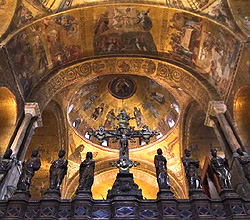 by James V. Schall, S.J. –
by James V. Schall, S.J. –